Mathematics is an extremely important and necessary skill that enables us to lead our everyday life. However, many children struggle with mathematics these days for many reasons. Some might not see the connections between the curriculum and their everyday life experiences, while others are taught through rote learning and memorization.
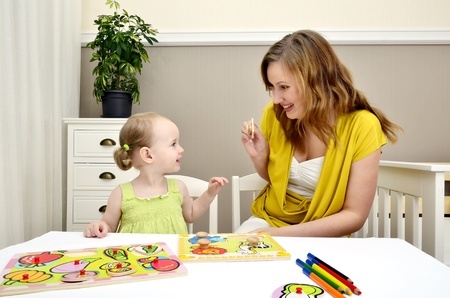
These factors distant our children from gaining the strategies and skills to comprehend and solve math problems. Mathematics should be made fun and engaging for our young children. You will be surprised that the first place to learn about mathematic skills is in the comfort of your home.
Here are ways how you can help your child develop the interest and confidence in learning mathematic concepts.
1. Use Math Talk
Math talk is simply talking and making conversation about math with your child while trying to incorporate mathematical thinking skills in it. The more you talk to your child about math at home, the more they start to think about math. You can ask open-ended questions to sustain the conversation or to help your child think deeper. Use age-appropriate math talk to converse with your child and it will help to stimulate their thinking skills and prepare them for more advance learning.
2. Learn Through Play
Children learn best through play. Playing with your child can provide many concrete experiences for learning math such as counting, sorting, matching, measuring and patterning. You can get your child to count the number of pasta in a bowl as you pretend to cook, measure the length of the dough using non-standard units such as Lego blocks or even match the bottle caps to the right bottles.
3. Follow Your Child’s Interest
Learning a new skill can be intimidating for young children. However, it can become fun and engaging if they get to practice the new skills at their own pace through an activity they enjoy. For example, learning patterning can be fun for your child if they get to do it through something they love such as craftwork or their favourite toy car. You will be able to witness how they are likely to put in the effort when they are interested in the activity. So, get to know your child’s interests and plan a meaningful learning experience for them.

4. Make Learning Experiences Out of Everyday Routines
Many children fail to see the connection between how mathematics can be applied in their daily lives. Help your child understand that you are using math every day in your daily activities such as, making payments at the supermarket, measuring the right quantity of ingredients to bake cookies and estimating the time needed to travel to the playground. To captivate their interests and attention, keep these math activities simple and fun, completely different from doing homework or a chore. Involving them in these activities regularly so that they can see the connections on how math is essential in their daily lives.
5. Flexibility in Working Out Math Problems
It is important to let your child know that mathematics isn’t restricted to paper and pencil. They are other ways to solve a math problem such as using a calculator, doing mental calculation and doing a rough estimation. Allow your child to try out different ways so solve a problem will increase her flexibility in thinking and her understanding for math.
6. Set-up a Mathematically Rich Environment
Children are using early math skills as they explore and make meaning of this world. As parents, you can enhance their natural curiosity by relating their experiences to mathematics so that they can better understand the world that they live in. You can dedicate a space in your house for math exploration by filling it up with some fun activities, books, toys and games to encourage your child to explore the different mathematical concepts independently. You can also include activities that you have done with your child before, so that they can reinforce on the learning that took place earlier.
As a parent, you can help your child develop the love and interest to learn math. Take it slow, and build on his interest in math first through fun activities and games. With these interests and skills, your child will gradually grow to become a confident learner.
For videos on Bar Modelling, visit Math Made Easy with S.A.M.
⇒ Related Read: Seriously Addictive Mathematics Review
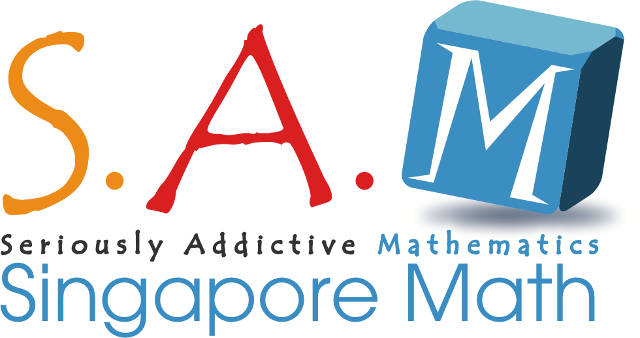
This article is contributed by Seriously Addictive Mathematics (S.A.M).
S.A.M is an Award Winning Maths Enrichment program with the most comprehensive Singapore Maths Curriculum and Pedagogy available today.
At S.A.M, we focus on a holistic approach to learning Mathematics. The SAM Approach builds on skills in Critical Thinking, Heuristics, Logical Reasoning, Metacognitive Understanding, Modelling Techniques and Situational Word Problems.
We believe that Math is easiest to understand when it relates to the real world. We use props, toys and games to illustrate mathematical concepts, before moving to a pictorial explanation and finally to the abstract representation of Mathematics. S.A.M is the only program that your child needs, to excel in Mathematics!
Check out our website at: seriouslyaddictivemaths.com.sg.
For enquiries, you can contact us at: enquiry@seriouslyaddictivemaths.com.sg.
* * * * *
Like what you see here? Get parenting tips and stories straight to your inbox! Join our mailing list here.
Want to be heard 👂 and seen 👀 by over 100,000 parents in Singapore? We can help! Leave your contact here and we’ll be in touch.






































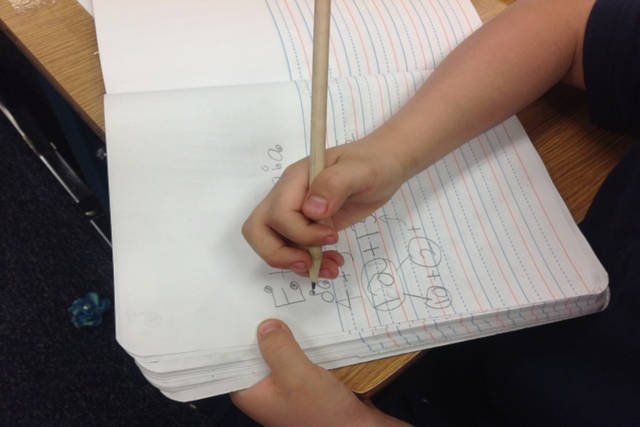



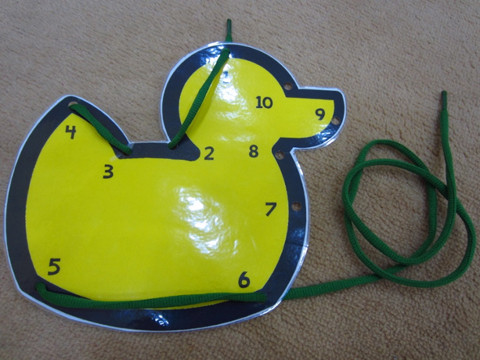
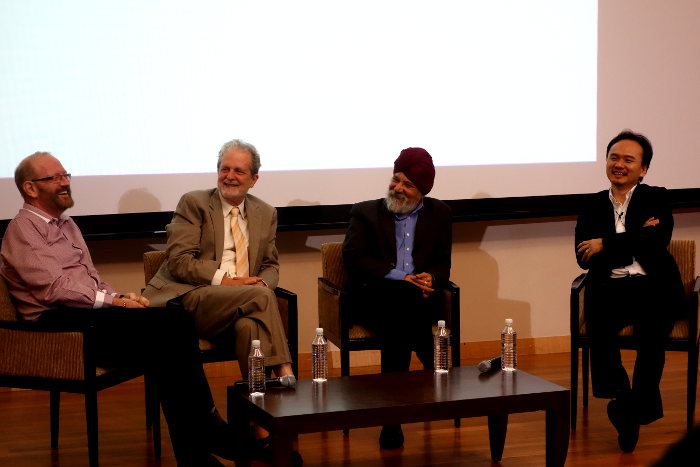















Leave a Comment: